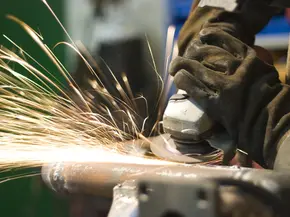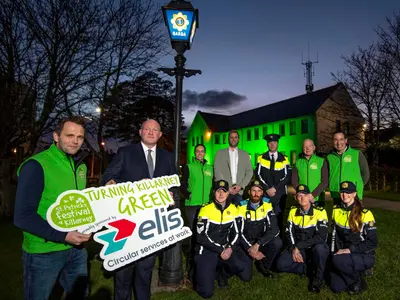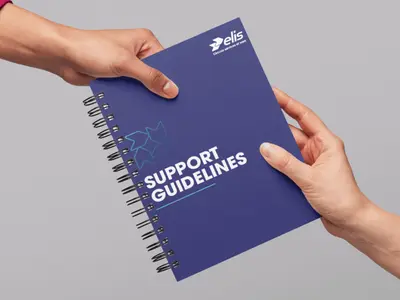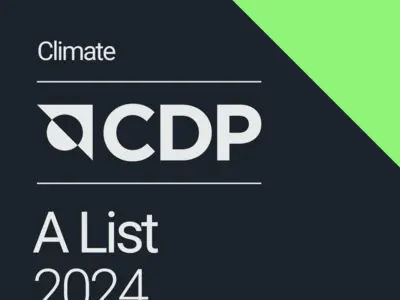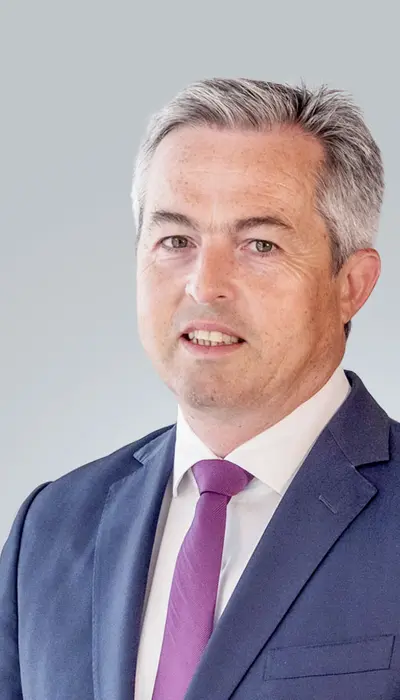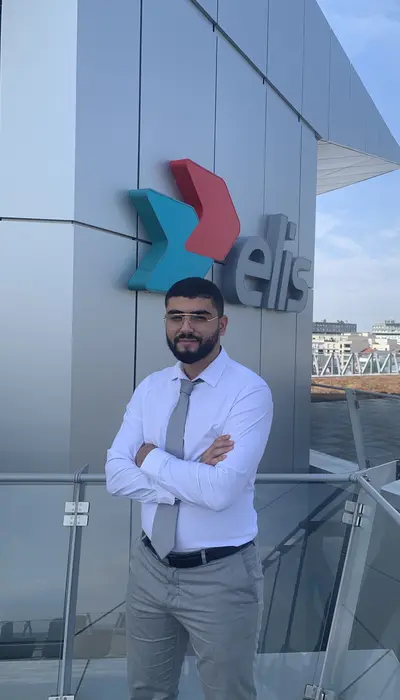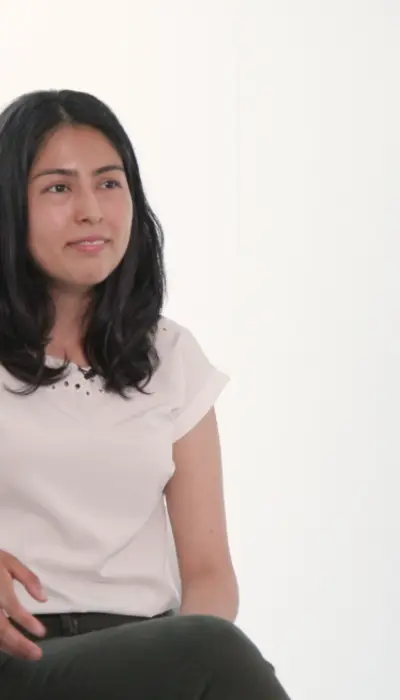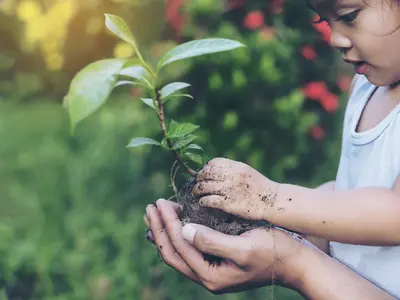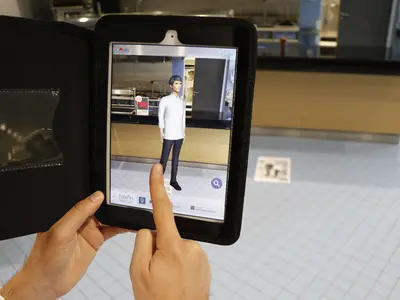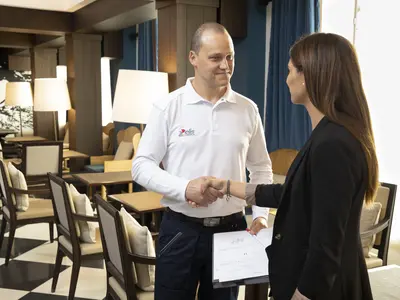Newsroom
Latest news
See all our newsLatest testimonials
-
Our business is based on the circular economy, giving our customers the opportunity to use many products through rental rather than having to buy them. We ensure products are designed and maintained to provide superior functionality and durability.
-
Elis is a rapidly expanding company. This provided me with an alternative vision of management control.
Know more -
The most stimulating thing is having people trust us from the word “go” and having a fully-fledged post. Our proposals are listened to by the manager and they support us in taking the initiative. We are constantly learning new things.
Know more -
Elis is an international, multi-cultural company, meaning that I can work on projects where I can put my languages to good use.
Know more
Discover also
Need information? Contact us!
*Required fields
Contact details
Your legal name is the name that appears on your official documents.




